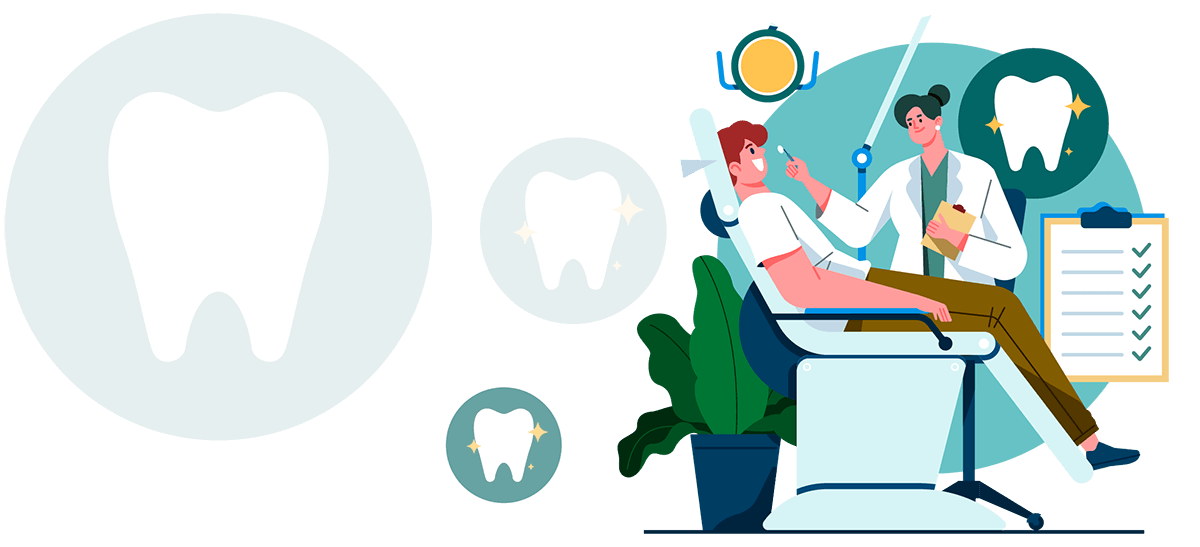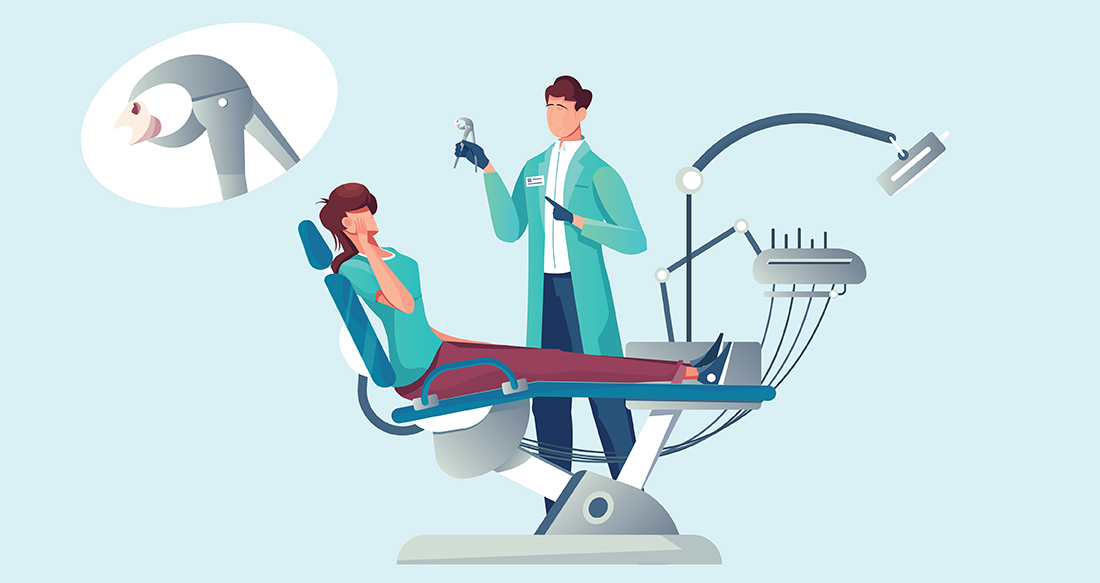
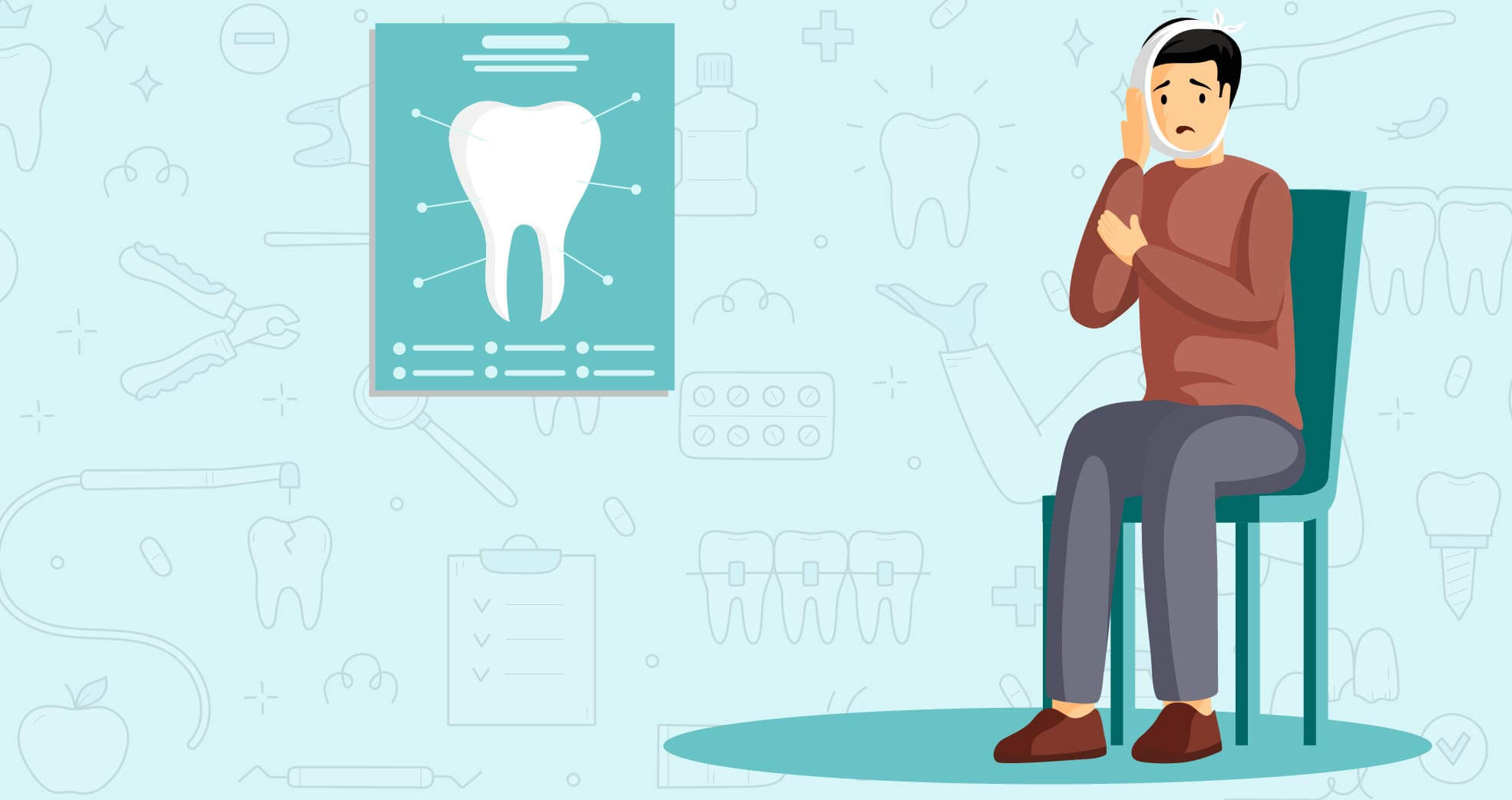
Impacted wisdom teeth can cause severe pain, infections, and other dental complications, as there is no space for the teeth to grow. Our experienced maxillofacial surgeons assess and extract your impacted wisdom tooth safely before it even begins to cause problems.
We have experienced surgeons with a track record of successfully performing wisdom tooth extractions for numerous patients who make the procedure as easy and painless as possible. By incorporating the latest technology and the highest standards of dental care, we make the experience comfortable and convenient.
Say yes to a perfect smile by making an appointment today!
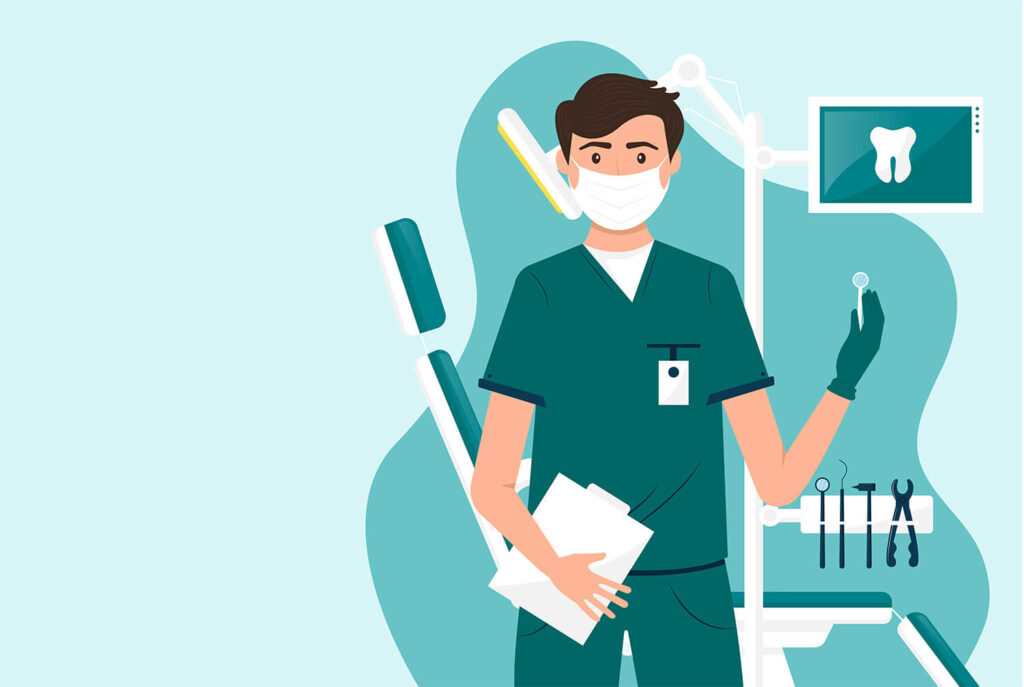
What Is A Wisdom Tooth?

What Is An Impacted Wisdom Tooth?
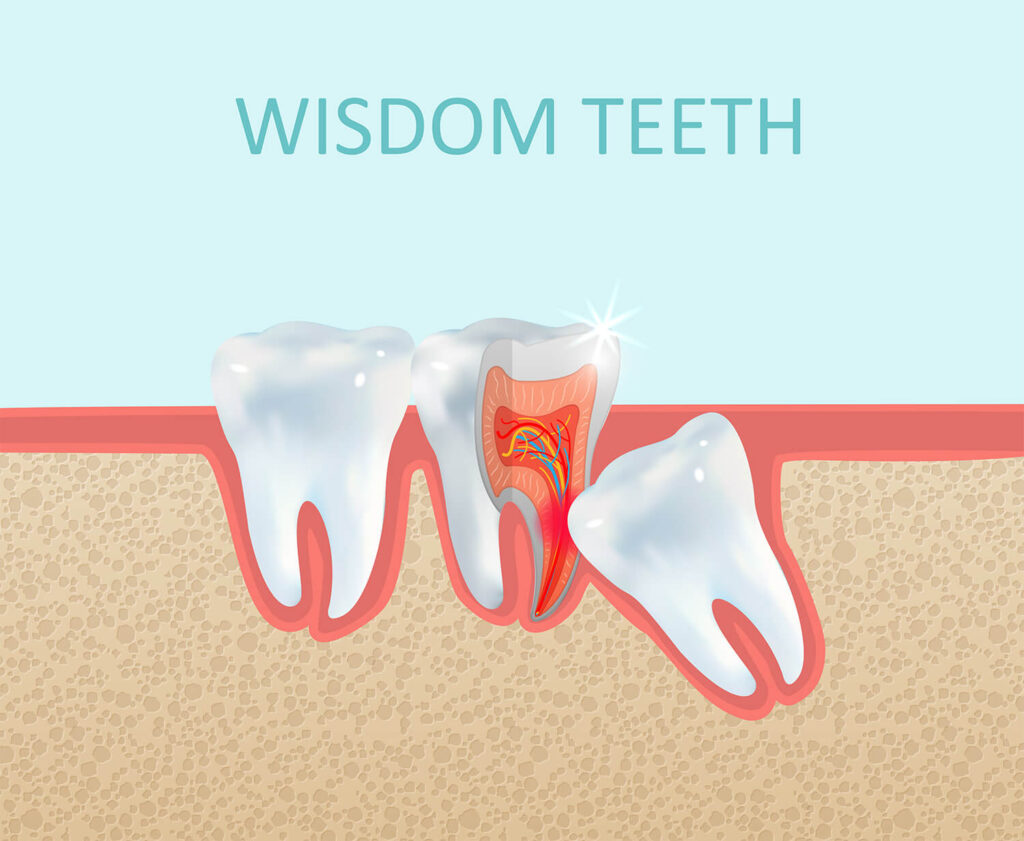
When should you remove a wisdom tooth?
When your wisdom teeth become bothersome, you may see signs like these indicating the need for wisdom teeth removal
- A nagging pain at the back of your mouth
- Damage to your nearby teeth or bone
- A cyst developing around your wisdom teeth
- Food and debris getting lodged around your wisdom teeth
- Developing gum disease around your molars
- The wisdom tooth grows crooked or sideways
- Your partially-grown wisdom tooth shows tooth decay
- Swelling between ear and jawline
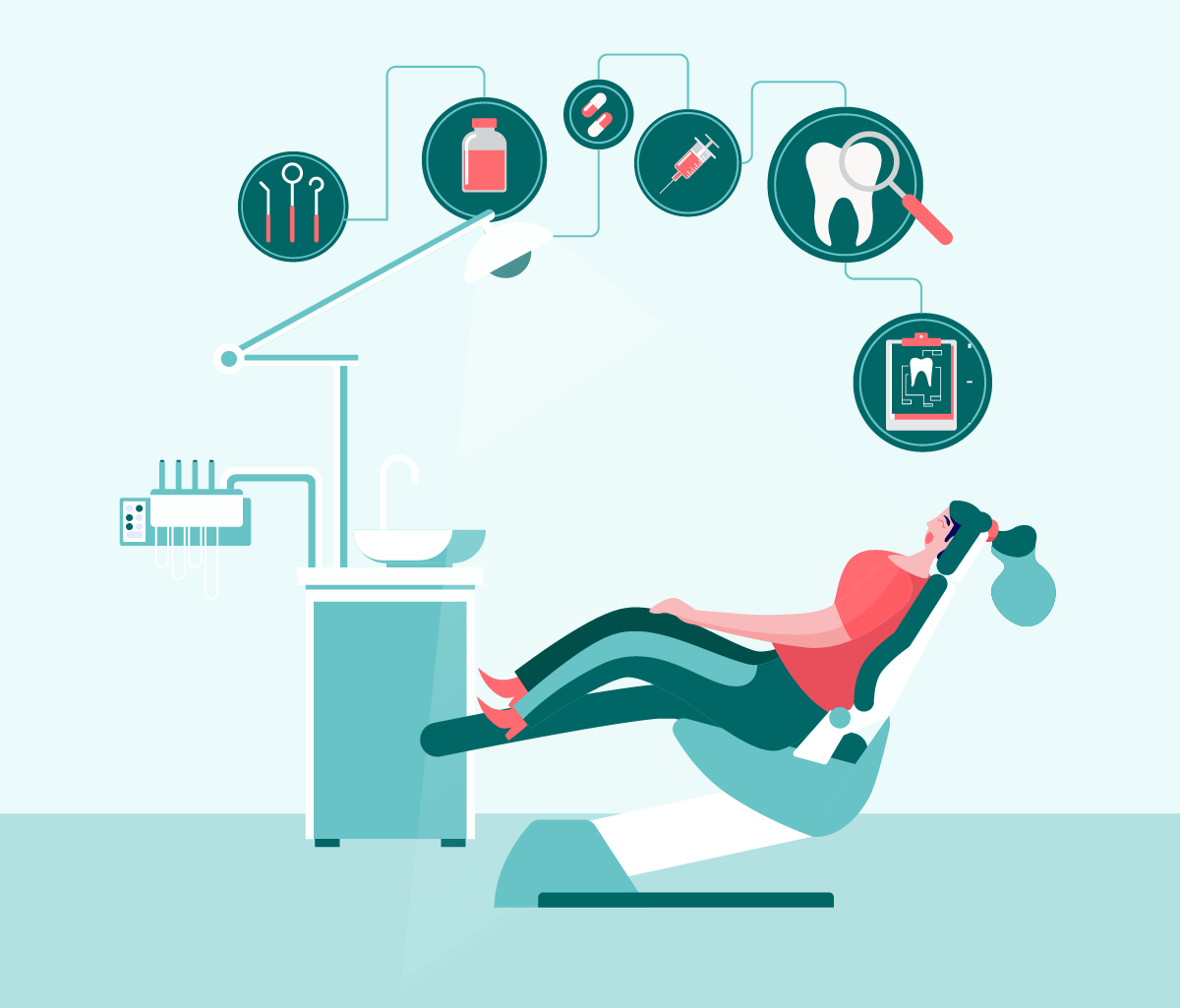
Pre-treatment preparation
Once we mutually decide to extract the wisdom teeth troubling you, you will need to start preparing for the procedure.
After an initial consultation with us, where we check your wisdom teeth’ s health, we will take X-rays to determine their exact location.
Based on what you need and prefer, we recommend local or general anaesthesia, IV sedation, or nitrous oxide.
Post-Surgery Care After Wisdom Tooth Removal
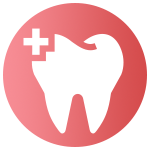


Sterilise the surgical area by soaking it with an alcohol-free antibacterial mouthwash. Be careful not to swish to avoid dislodging blood clots


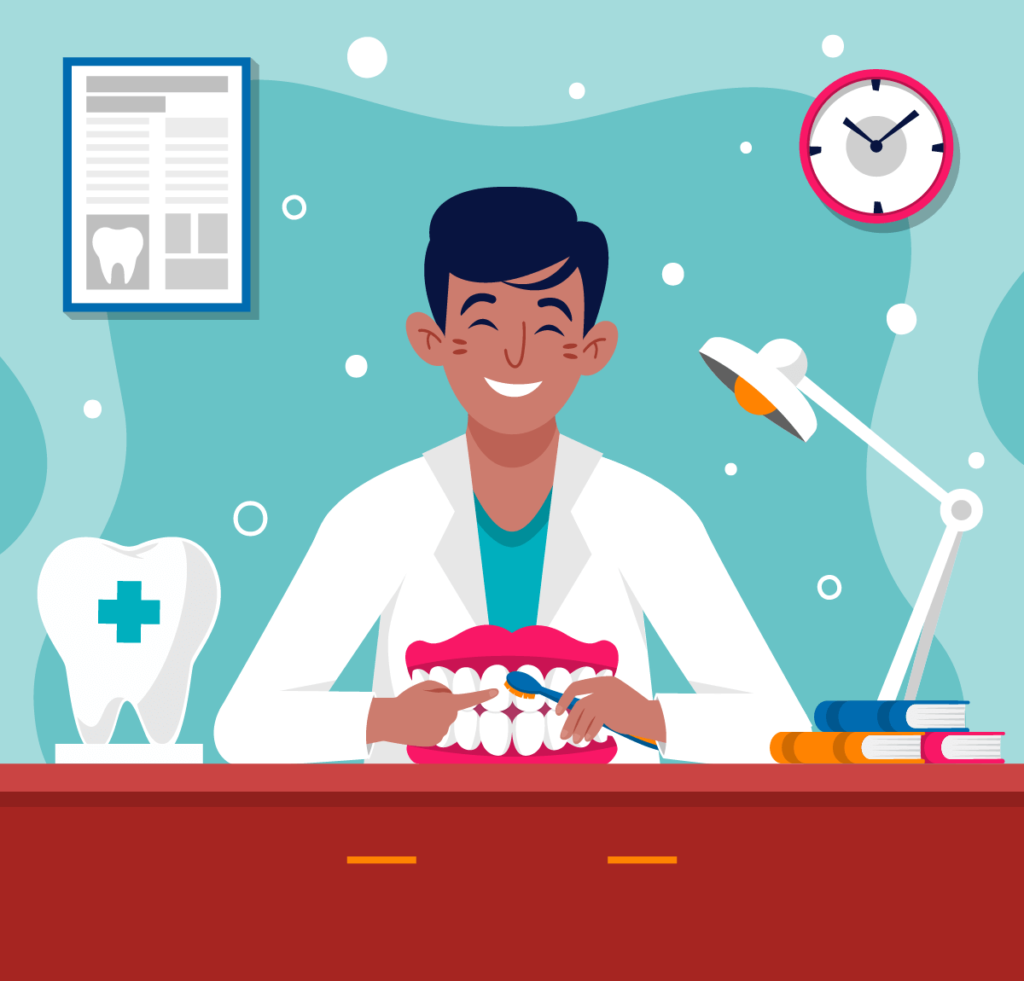
Expert Tips For A Pain-Free Wisdom Teeth Removal
- Score 3-4 choice of Local Anaesthesia
- Score 5-7 Choice of Anaesthesia Sedation or General Anaesthesia
- Score 7-10 choice of anaesthesia General Anaesthesia.
FAQs
While growing, wisdom teeth can cause pain or tenderness till they come in fully. Impacted wisdom teeth that develop partially or do not emerge can be very painful, causing swollen, tender, or bleeding gums and even stiffness in the jaw.

